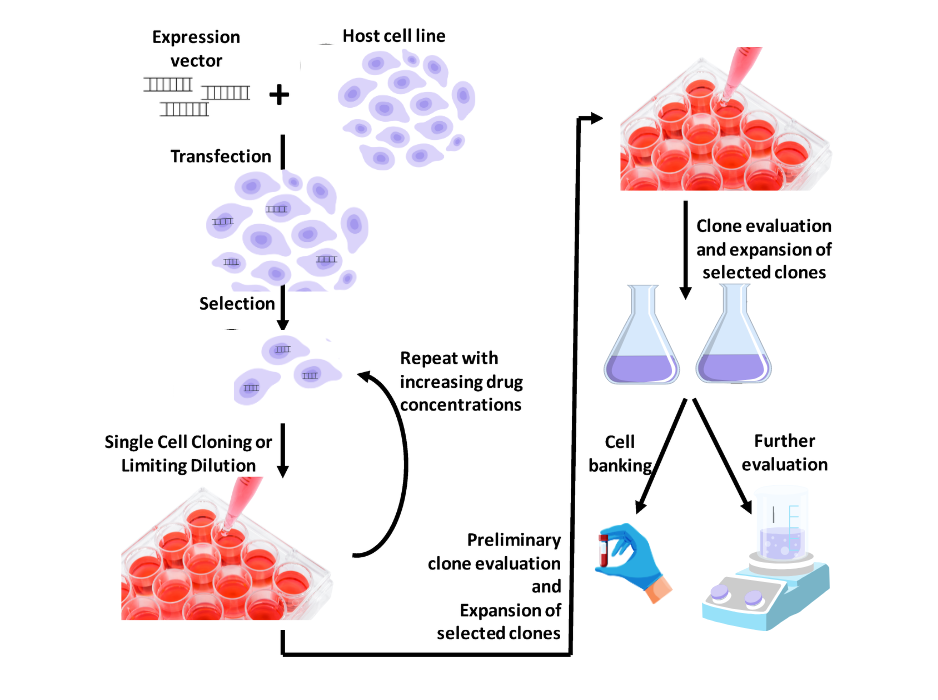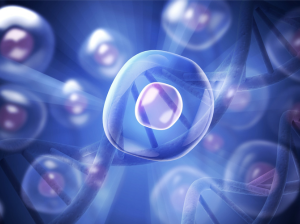Protein production and purification in mammalian cells
Producing recombinant proteins in mammalian cells is a powerful and widely used approach for generating biologically active proteins with authentic post-translational modifications (PTMs) that are crucial for their proper function. Unlike simpler expression systems, mammalian cells—most commonly Chinese Hamster Ovary (CHO) cells—offer a cellular environment that closely mimics human physiology, enabling the synthesis of proteins that are structurally and functionally similar to their native counterparts.
Why Mammalian Cells?
Mammalian expression systems are preferred when the goal is to produce proteins requiring complex folding and PTMs such as glycosylation, cleavage, methylation, phosphorylation, and sulfation. These modifications are part of the normal protein maturation process and significantly influence the protein’s stability, activity, and interactions. For example, glycosylation affects protein folding and immune recognition, while phosphorylation can regulate protein activity and signaling pathways.
Using mammalian cells ensures that the recombinant protein is not just the gene-encoded polypeptide chain but a well-structured molecule with the full spectrum of modifications that define its biological function and physical properties. This is especially important for biomedically relevant proteins, including therapeutic antibodies, enzymes, and membrane proteins.

CHO Cells as a Workhorse
CHO cells have been the gold standard for recombinant protein production for over 40 years due to their robustness, scalability, and ability to perform human-like PTMs. They provide a safe and efficient platform for producing proteins ranging from milligrams to grams, suitable for research, diagnostics, and therapeutic applications.

Our Service Overview
Our protein production and purification service using mammalian cells encompasses:
-
Consultation and Construct Design: Tailoring gene constructs optimized for mammalian expression.
-
Transfection and Expression: Employing transient or stable transfection methods to introduce the gene of interest into CHO cells, ensuring efficient protein synthesis.
-
Protein Folding and PTMs: Leveraging the mammalian cellular machinery to achieve proper folding and native-like post-translational modifications.
-
Purification: Utilizing advanced chromatographic techniques to isolate the target protein with high purity and activity.
-
Quality Control: Characterizing the protein’s structural and functional integrity, including verification of PTMs.
This comprehensive approach guarantees that the final recombinant protein product is biologically relevant and suitable for downstream applications such as structural biology, functional assays, drug development, and therapeutic use.
Contact our Technical Support Team to explore how we can produce your proteins in mammalian cells.
Related services available :
=> Gene synthesis
=> Gene cloning
=> Polyclonals production
=> Monoclonals production

